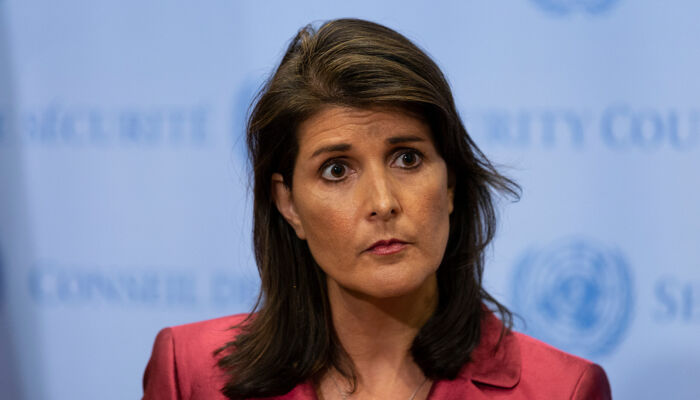Nikki Haley, who previously expressed support for Alabama’s anti-IVF ruling, has now retracted her statements and taken a more neutral stance on the issue.
Sign up for more LGBTQ+ news and updates at TrueQueer.
Nikki Haley, a Republican candidate for president, has sparked controversy with her comments on embryos and their legal status as babies in light of a recent Alabama Supreme Court ruling. The ruling granted embryos the same legal rights as children, leading to a heated debate on reproductive rights and the potential implications of this decision.
During an interview on NBC News, Haley stated her belief that embryos are equivalent to babies, saying, “To me, embryos are babies.” She also shared her personal experience with artificial insemination and emphasized the importance of protecting the lives of embryos. However, when asked about the impact on individuals struggling with infertility, Haley gave a vague response, advising people to consult with their doctors.
Following her appearance on NBC News, Haley clarified her stance on CNN, stating that while she believes embryos should be considered unborn babies, she does not necessarily agree with the Alabama ruling. She stressed the significance of respecting the rights of parents in making decisions about their embryos, contradicting the court’s decision that could potentially criminalize the destruction of embryos.
The Alabama Supreme Court’s ruling expands state laws protecting “unborn children” to embryos outside of a biological uterus, which could result in murder charges for doctors mishandling embryos. This has raised concerns among LGBTQ+ couples, single individuals, and those facing infertility in the state, as it could limit access to assisted reproduction methods like IVF. Some fertility clinics in Alabama have already ceased providing IVF services out of fear of legal consequences.
The ruling stemmed from cases where embryos were unintentionally destroyed, leading to lawsuits from couples who claimed violations of the state’s Wrongful Death of a Minor Act. The ruling also referenced religion, drawing criticism for intertwining religious beliefs with the law. Anti-abortion groups have seized on this decision to advocate for similar policies in other states, causing concern among pro-choice activists and infertility advocates.
Barbara Collura, CEO of RESOLVE: The National Infertility Association, expressed worry about the potential spread of similar laws to other states, calling it a troubling development. The Alabama Supreme Court’s ruling has significant implications for reproductive rights and medical practices, highlighting the complex intersection of law, ethics, and personal autonomy in assisted reproduction.
As debates continue over the legal status of embryos and the rights of parents in reproductive decision-making, this case serves as a focal point for ongoing discussions on reproductive justice and the role of the state in personal health and family planning. The controversy surrounding Nikki Haley’s comments reflects broader societal divisions on issues of abortion, fertility treatment, and the ethical considerations surrounding human life at its earliest stages.
Follow us on: Facebook for more LGBTQ+ news and updates at TrueQueer.
![]()

